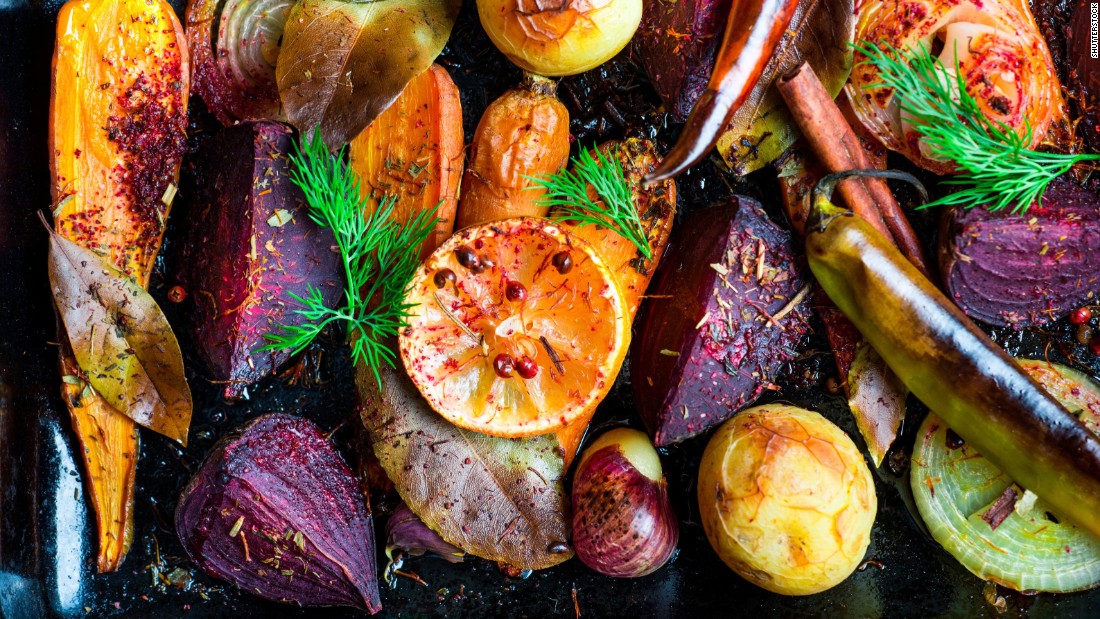Every second of the day millions of people around the world are preparing and cooking food. It is an activity that has been going on since the beginning of time. But if we are going to win the battle against climate change then what we eat and how we prepare it will have to change. Could a book about cooking ignite that change?
Over the years have I gathered a couple of shelves of cookery books. In amongst the collection are the ‘go to books’ from Delia Smith, Marry Berry and Jamie Oliver which I head for when struggling to prepare an interesting meal. But these books reinforce our existing lifestyle with enticing pictures of food and text that reflect either how we live or how we would like to live. All of these books fail to make any comment about the environmental impact of the food that that is being prepared. There are a few cooking books available that claim environmental credentials with titles such as: Seaweed and Eat It: A Family Foraging and Cooking Adventure, The Acorn House Cookbook: Good Food from Field to Fork and some by celebrities such as Hugh Fearnley Whittingstall’s River Cottage Everday but it is not clear whether they are selling a utopian life rather than changing what we grow and eat.
Cooking books are a major part of the book selling industry. A best seller can achieve around one million copies and therefore it is a good medium to create a change in what we eat. So this is my idea. It would have more impact if a cookery book could be compiled from leading people who are proactive in reducing our impact on the environment. It would be a recipe book with a difference. Each contributor would write about the importance of their favourite meal and how from their perspective it has helped them in the fight against climate change. To select the contributors a few criteria would be required. First they must be able to make the meal themselves. They must understand how the ingredients that they are using has impacted on the environment. Their reflections about their meal could include when they first had the meal, or how it kick started their desire to fight for the planet, or was it a meal that changed another person into a campaigner for a better world? The recipes could range from ‘something’ on toast to a meal made from ingredients that would normally be thrown out. They would be encouraged to write about their own personal dilemmas for example I enjoy milk products but with the need to reduce our reliance on cows what could they write to persuade me to give up on cheese and milk?
There are a number of names that come to mind as contributors such as Sir David Attenborough, Greta Thunberg or Chris Packham. But there are many more people around the world who are making a contribution in the fight against global warming. For example Miao Wang is working with divers to spread awareness about the perils of plastic pollution. What comforting meal would she make after a long day of diving and how does it avoid the use of plastic containers? Another contributor could be Angela Merkel who is the only major politician left who helped develop the original global warming agreement at Kyoto in 1997. But actions speak louder than words and she is leading Germany to turn away from coal and oil, and setting the highest targets for renewables and emission cuts. After a long day of politicking does the Chancellor of Germany sit down for a favourite national meal of rice pudding? It is important to include those who need a voice on the world stage and one possible could be Henry Saragih who is a small farmer who is taking on the Indonesian government and the palm oil barons of Sumatra and Kalimantan. Companies with links to government are devastating vast areas of Indonesia and southeast Asia to grow palm oil to supply Europe’s cars and kitchens with biofuel and cooking oils, and Saragih is one of the few people standing in their path. What does he cook for himself after a hard day of campaigning?
The cookery book proposed would be a sort of manifesto for what and how we should eat to reduce our impact on the environment. And when the many millions of people sit down to plan their next meal then let us hope that they will be reminded by such a book of how much they can play in beating climate change.
